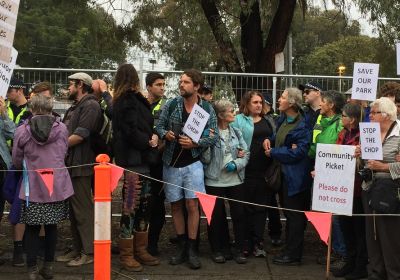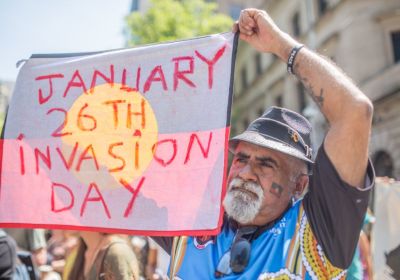
Effective councillors have to take up people’s everyday issues, as well as the bigger issues, in the same way that a good union delegate on the job would, says Sue Bolton.

Effective councillors have to take up people’s everyday issues, as well as the bigger issues, in the same way that a good union delegate on the job would, says Sue Bolton.

Prime Minister Scott Morrison has made a disingenuous pitch for “unity” and “honesty” in response to Byron Bay Council’s decision on September 20 not to celebrate Australia Day, in deference to the hurt it engenders to Indigenous peoples.



